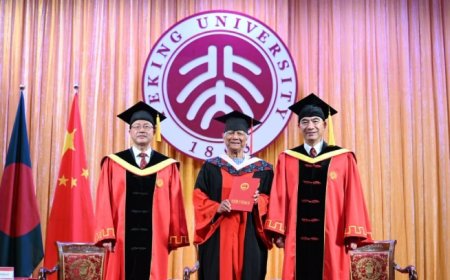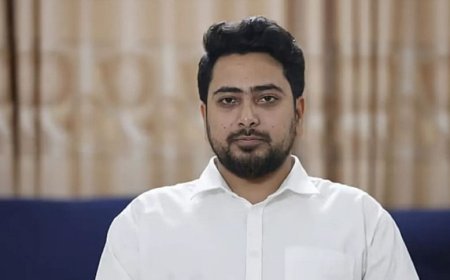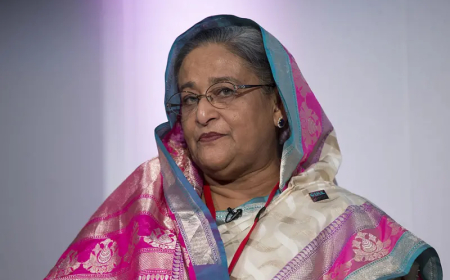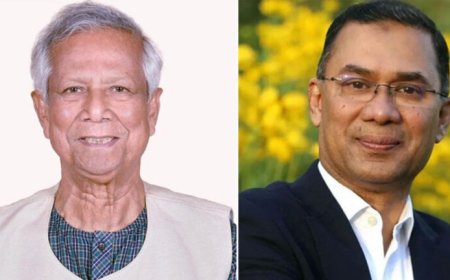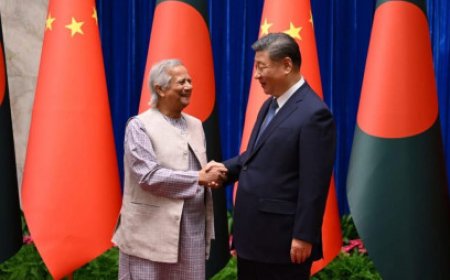Pakistan seeks to ban former PM Imran Khan’s party
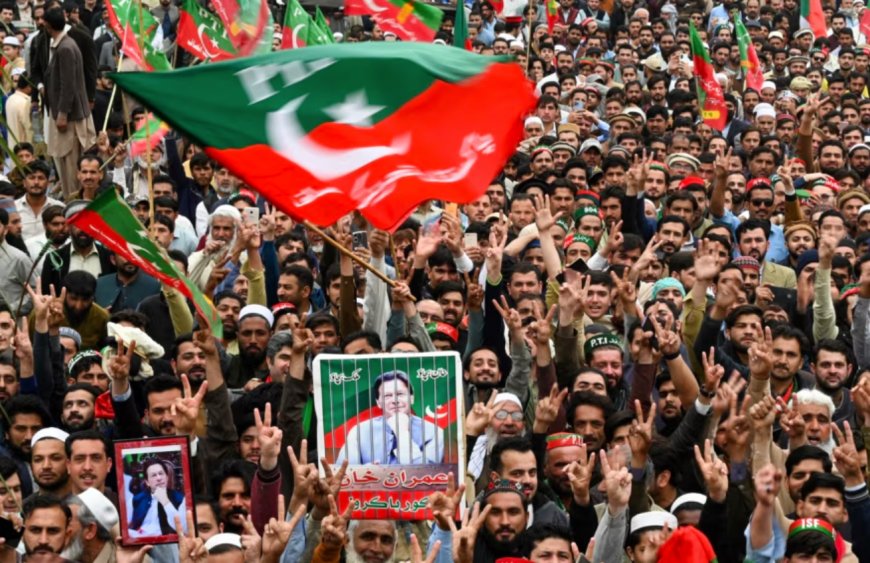
The government of Pakistani Prime Minister Shehbaz Sharif plans to seek a formal ban on Pakistan Tehreek-e-Insaf, or PTI, the party of imprisoned former Prime Minister Imran Khan.
“We feel we have very credible evidence that Tehreek-e-Insaf should be banned,” Attaullah Tarar, the minister for information and broadcasting, said at a press briefing in Islamabad on Monday.
Alleging the party had received foreign funds and organized anti-state rioting, Tarar said the government would approach the Supreme Court of Pakistan to seek a ban.
Khan’s party denies any wrongdoing.
The announcement followed a Supreme Court ruling that granted Khan’s party a share in seats reserved for women and non-Muslims across all legislatures.
The decision gives PTI roughly 80 seats. It also deprives Sharif’s ruling coalition of a two-thirds majority in the National Assembly, the lower house of Pakistan’s bicameral parliament.
On Monday, the government filed a petition seeking a review of the top court’s verdict.
PTI leader Sayed Zulfikar Bukhari said the government’s plan to ban the party was “a sign of panic.”
“They have realized the courts can’t be threatened and put under pressure,” Bukhari said in a statement to the media.
The United States cautioned Pakistan against banning the PTI.
“We saw those public statements from the government,” State Department spokesperson Matthew Miller told reporters in Washington when asked for a reaction to Pakistan’s decision to outlaw Khan’s party.
“Our understanding is that this is the beginning of what would be a complex political process, but certainly, banning a political party is something that would be of great concern to us,” Miller said.
Calling the decision unconstitutional and a blow to democratic norms, the independent Human Rights Commission of Pakistan urged the government to immediately withdraw the plan to ban PTI.
“It will achieve nothing more than deeper polarization and the strong likelihood of political chaos and violence,” the commission said in a statement posted on social media platform X.
The government will present the move to the Cabinet on Tuesday for approval, Tarar said.
Grounds for ban
Khan’s party emerged as the single biggest national party in the February 8 general elections. PTI-backed candidates, forced to run as independents after the party was stripped of its unified electoral symbol, won 93 seats.
If the party is dissolved, it will not only lose the share of reserved seats granted by the top court, but its current lawmakers will also have to quit all the legislatures.
Pakistani elections law says a political party can be dissolved if it is run with foreign funding, engages in terrorism or acts against the interests of the country.
Pakistan’s federal government can dissolve a political party but must refer the decision to the Supreme Court within 15 days for formal approval, explained Rashid Chaudhry, national coordinator of the Islamabad-based electoral watchdog Free and Fair Election Network.
“If the Supreme Court upholds the reference, then the party is dissolved,” Chaudhry told VOA.
The Supreme Court might turn down the government’s request, said Ahmed Bilal Mehboob, president of the Lahore-based Pakistan Institute of Legislative Development and Transparency.
He cited major legal victories that various courts handed down to the former prime minister and his party recently, including a decision on Saturday acquitting Khan and his wife, Bushra Bibi, of engaging in an illicit marriage.
“PTI supporters and those who are neutral already hold very negative views about the government and the military,” Mehboob said. “They will become even more critical, and sympathy for the PTI will increase.”
Freedom eludes Khan
Despite courts overturning nearly three decades’ worth of prison sentences in recent months, Khan has remained in jail since August 2023. He faces numerous charges, including corruption and violence against state institutions.
Earlier this month, the Geneva-based Working Group on Arbitrary Detention, which reports to the U.N. Human Rights Council, said Pakistani authorities have “no legal basis” for Khan’s detention.
Late last month, the U.S. House of Representatives passed a resolution urging “the full and independent investigation of claims of interference or irregularities” in Pakistan’s election.
Criticizing that resolution as interference in the country’s internal matters, the Pakistani parliament passed a counter-resolution.
Sharif’s government accuses PTI of seeking support from foreign capitals and lobbyists against Pakistan.
It has also repeatedly rejected international calls to investigate the alleged manipulation of the February 8 vote.
